Renaissance And Reformation
$37.99
Readable and informative, this major text in Reformation history is a detailed exploration of the many facets of the Reformation, especially its relationship to the Renaissance. Estep pays particular attention to key individuals of the period, including Wycliffe, Huss, Erasmus, Luther, Zwingli, and Calvin. Illustrated with maps and pictures.
in stock within 3-5 days of online purchase
SKU (ISBN): 9780802800503
ISBN10: 0802800505
William R. Estep
Binding: Trade Paper
Published: February 1986
Publisher: William B. Eerdmans Publishing Co.
Print On Demand Product
Related products
-
And The Two Became One Journal
$16.50HARDCOVER, COPTIC BOUND JOURNAL: Allows book to lay completely open when flat for ease of use
192-LINED PAGES: Journal measures 6.5 x 8.5 x 0.75-inches
BECOME ONE: White with gold foil print; reads “And the two shall become one”
INCLUDES 8 ALTERNATING PHRASES: Each page has a different message about marriage, relationships and love
Add to cartin stock within 3-5 days of online purchase

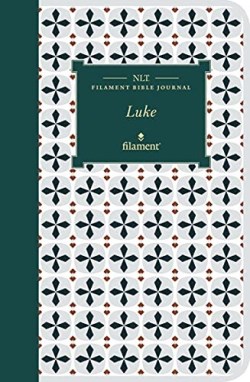
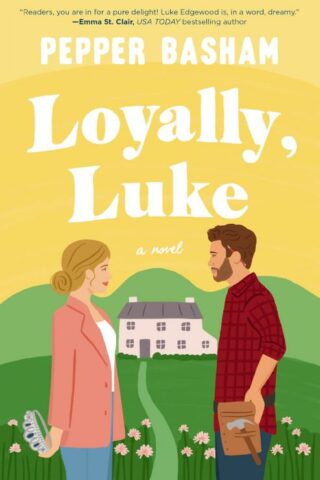

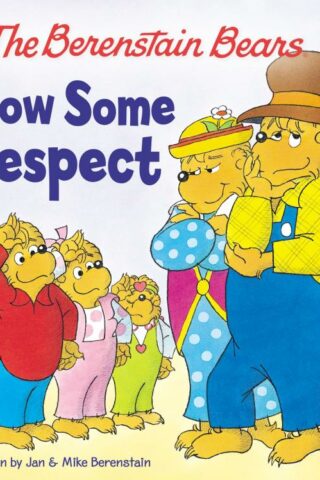

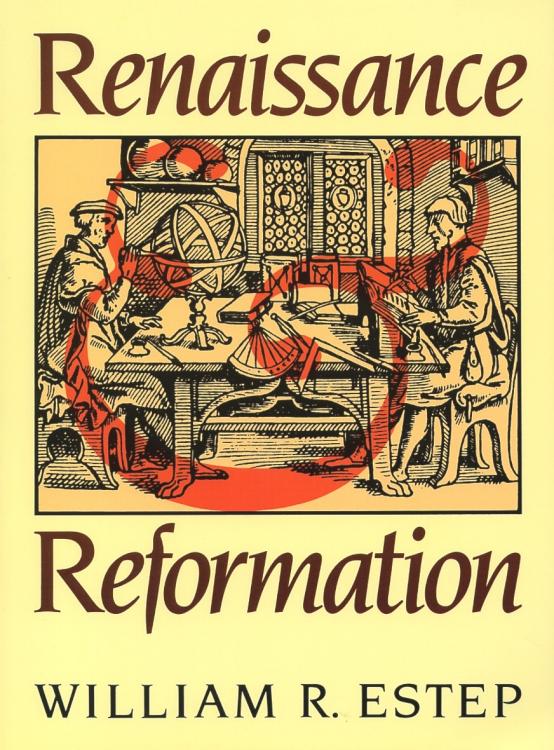





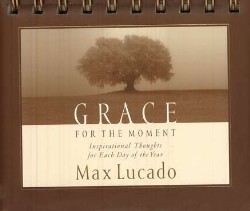
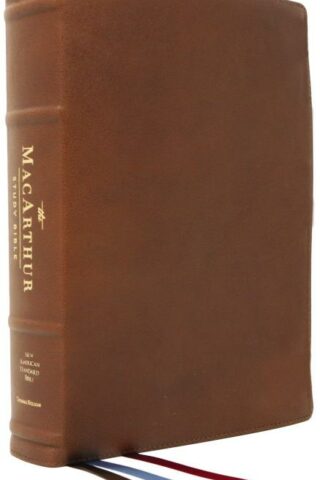


Reviews
There are no reviews yet.